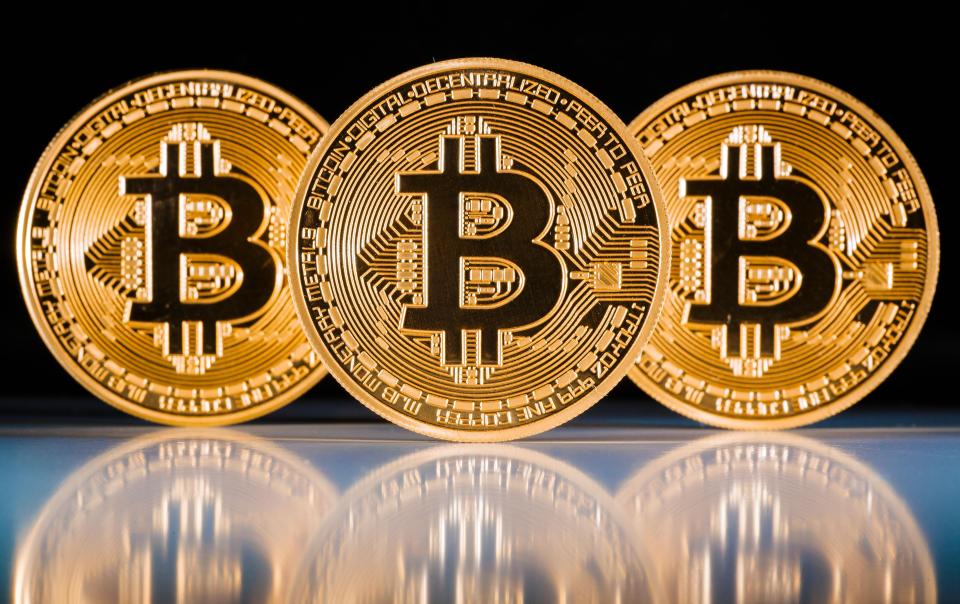

If you're always connected, you've probably heard, especially in recent days, about digital currencies or cryptocurrencies. Or, to quote two of the best known, bitcoins e ethereum.
Lately, this subject has taken over the news, especially those focused on technology, due to the overpricing of bitcoins, which have reached more than 10,000 reais each.
The world has been very divided between people who believe that bitcoin and its equivalents are the future when it comes to currency and others who think it's a scam because it's a financial bubble. For those who don't know, a financial bubble is when there is too much supply for too little demand for a given product. As was the case in the United States at the time of the housing market crisis: many people bought houses with a view to making a profit when they sold, but were unable to sell due to the high price and low demand.
The truth is that it's a reality that is unlikely to cease to exist. It may not be worth as much as it is today, but it's something that's already happening and should remain so for a long time to come.
That's because we're mentioning just one of the countless digital currencies that have been springing up, which means that this may well be the trend in the not-too-distant future.
But what are digital currencies anyway?
Digital currencies or cryptocurrencies are, in short, nothing more than money created virtually. You open a virtual wallet (which works like a bank account), where you "deposit" the coins you buy.
They were created to be used for online games and ended up reaching other audiences and gaining such proportions and visibility.
You can buy these coins with physical money (conventional coins that we already know), receive a transfer from an existing coin wallet to your own or you can even take part in so-called mining, which is the validation of transactions made, the reward for which is a coin value for your virtual wallet.
Some say that virtual currencies are something very speculative, since there is no real source of money from which they arise. In Brazil, for example, we have the Casa da Moeda (Mint) which prints the money that should circulate in the market, and based on various factors, the quantity of banknotes increases or not. In the case of digital currencies, there is no institution that prints them, they aren't even real, you can't take a bitcoin because they only exist virtually. What happens is that it is created within the virtual world, but ends up generating a monetary value for those who acquire it. It can then be converted into the local currency to which the person who owns it is accustomed.
Is it the future of the market?
The question: are we seeing the rise of the future of the financial market? Will our grandchildren only work with these digital currencies, leaving aside any kind of credit card or cash?
That's a question that's very much on everyone's mind at the moment. How far will digital currencies become part of our daily lives and start to become the main form of payment even at the corner bar?! How prepared are people to deal with this type of money?
Do you think this is the future of the financial market? Tell us in the comments.

